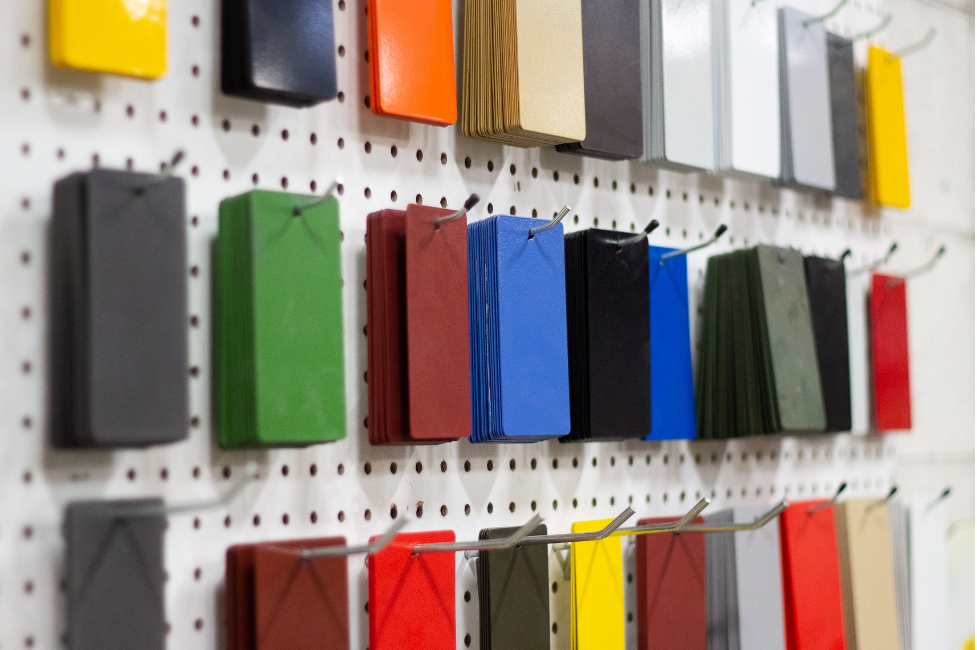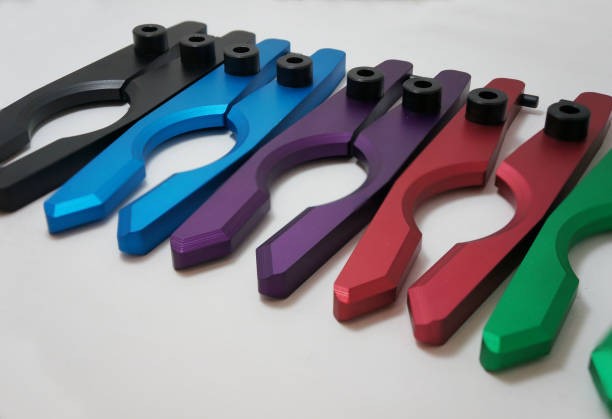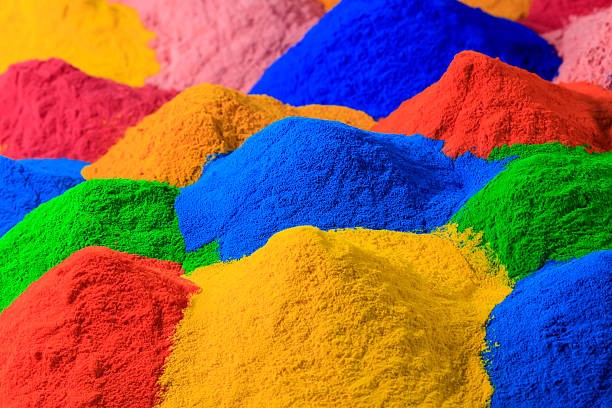What’s the Difference Between Corrosion and Rusting?
In the world of metal finishing, products are often described as anti corrosion coatings, anti rust coatings, or both. Using this pair of descriptions for one product may seem redundant, as the terms corrosion and rust are often assumed to be direct synonyms, and used interchangeably as a result. However, there are a few differences between corrosion and rusting.

Defining the Terms
Technically speaking, corrosion is the process in which oxidation caused by chemical or electrochemical reactions causes a material to deteriorate, while rusting is the oxidation of iron that has been exposed to air and moisture. Rust is a type of corrosion, but not all corrosion is rust.
What Does it Look Like?
Rust has a very distinctive orange-brown color, and because rust is a type of corrosion, some corrosion does, too. But, not all corrosion is orange-brown. Some types of corrosion are other colors, like green or blue.


What Does it Affect?
One of the key differences between corrosion and rusting is the material affected. Corrosion can occur on a variety of surfaces, including metals, ceramics, polymers, and even wood. Rusting, however, occurs only on iron and iron alloys.
So, using the term “anti corrosion coating” indicates that a product can be used for applications involving a wide variety of materials, while using the term “anti rust coating” explicitly indicates that a product will work well for applications that involve iron or iron alloys.
Though most coatings that prevent rust will likely prevent other types of corrosion as well, it may prove useful to be aware of this distinction.

What is the Cause?
Another notable difference between corrosion and rust is cause. Corrosion can occur on particular surfaces when they are exposed to air or specific chemicals. Rusting occurs when an iron or iron alloy is exposed to both air and moisture.
In Conclusion
Overall, the differences between rust and corrosion are minimal, but they do exist. It is probably safe to assume that most of the time, anti corrosion coatings will prevent rust, and anti rust coatings will prevent other types of corrosion.
This is certainly true of our products at Secoa Metal Finishing. Our protective coatings are great for preventing many types of corrosion, rust included. If you would like to learn more about our corrosion resistant, anti rust coatings, give us a call at (706) 383-2893 or send an email to sales@secoatech.com

 If you want to learn more about eco-friendly metal finishing, contact Secoa Metal Finishing at (706) 383-2893 or sales@secoatech.com. We provide a range of metal finishing services, including powder coating, in Georgia. We look forward to hearing from you.
If you want to learn more about eco-friendly metal finishing, contact Secoa Metal Finishing at (706) 383-2893 or sales@secoatech.com. We provide a range of metal finishing services, including powder coating, in Georgia. We look forward to hearing from you. 

















 At Secoa Metal Finishing, our non-stick coatings are authorized by the FDA and used by all kinds of businesses where safe and easy maintenance are of the utmost importance. Our coatings will protect your equipment against heat, abrasion, and corrosion. Contact our team for help determining which coating solution is right for you.
To learn about how we can meet your non-stick coating needs, call us today at
At Secoa Metal Finishing, our non-stick coatings are authorized by the FDA and used by all kinds of businesses where safe and easy maintenance are of the utmost importance. Our coatings will protect your equipment against heat, abrasion, and corrosion. Contact our team for help determining which coating solution is right for you.
To learn about how we can meet your non-stick coating needs, call us today at  Release coatings cure quickly, are easy to apply, and provide surfaces with protection and durability. As a result, they are used in many different industries, including automotive, national security, communications, and electronics. Release coatings are exceptionally tough , and provide a cost-effective way to ensure the longevity of your equipment.
Release coatings cure quickly, are easy to apply, and provide surfaces with protection and durability. As a result, they are used in many different industries, including automotive, national security, communications, and electronics. Release coatings are exceptionally tough , and provide a cost-effective way to ensure the longevity of your equipment.
 Using release coatings can increase your equipment’s lifespan and help it operate more efficiently, which will save you money in the long run.
To learn how we can provide you with release coatings for your industrial applications, call our team today at
Using release coatings can increase your equipment’s lifespan and help it operate more efficiently, which will save you money in the long run.
To learn how we can provide you with release coatings for your industrial applications, call our team today at